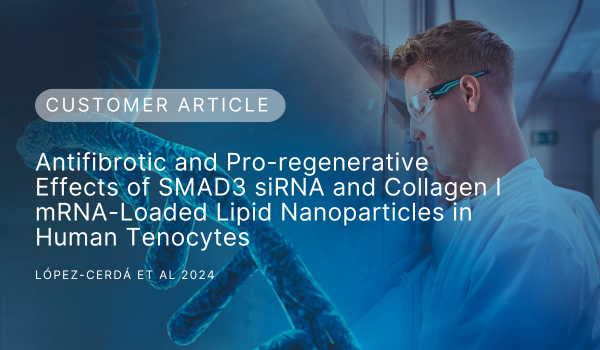Keywords
Allergens
Authors
Mark Møiniche, Kristoffer H. Johansen, Jorge Parrón-Ballesteros, Josefine K. Corneliussen, Helena Højsted Eriksen, Jens Vindahl Kringelum, Sine Reker Hadrup, Olga Luengo, Victoria Cardona, Joan Bartra, Mariona Pascal, Javier Turnay, Mayte Villalba, Rasmus Münter, Timothy P. Jenkins, Andreas H. Laustsen, Esperanza Rivera-deTorre
Abstract
Pollen-food allergy syndrome (PFAS) affects a significant proportion of the global population with a major health and socioeconomic impact. Patients are generally treated against the major sensitized allergen which does not warrant protection against cross-reactive allergens, leading to long and ineffective treatment regimens. For food allergies, patient guidelines rely on source avoidance, leading to dietary restrictions and reduced quality of life – in particular for those suffering from PFAS. To overcome these limitations, we introduce a novel allergy
immunotherapy (AIT) approach utilizing consensus allergens and mRNA technology to achieve broader, safer, and faster desensitization in PFAS patients. We first designed a consensus allergen of orthologs of non-specific Lipid Transfer Proteins (cnsLTP-1) representing a broad spectrum of nsLTP allergens prevalent in food and pollen sources. CnsLTP-1 was delivered to naïve BALB/c mice using mRNA-lipid nanoparticles (mRNA-LNP) as vehicle, or by a traditional protein formulation, to assess if it elicits broad protection against allergens from different
sources. Immunization with both mRNA-LNP and protein formulations demonstrated that cnsLTP-1-specific IgGs could be induced, whilst the mRNALNP formulation notably avoided the induction of allergen-specific IgEs. The induced antibodies were capable of recognizing and binding to a variety of nsLTPs, and effectively blocked the binding of allergens by allergic patient serum IgEs. This study thus demonstrates that the presented AIT strategy, based on mRNA-LNP technology and consensus allergens, could find clinical utility by addressing the limitations of current AIT. Further development of this technology platform could pave the way for more effective and patient-friendly treatments for PFAS and other cross-reactive allergies.



